
It is often discussed how strange it is that people are so different to their family members. After all, shared genes and a shared home environment should lead to strong family resemblance, right? Not necessarily.

It is often discussed how strange it is that people are so different to their family members. After all, shared genes and a shared home environment should lead to strong family resemblance, right? Not necessarily.
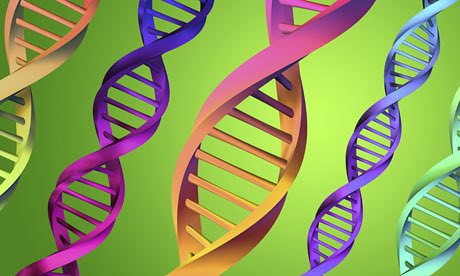
For the letter T in our A-Z series, Chris discusses the emerging field of Therapygenetics.
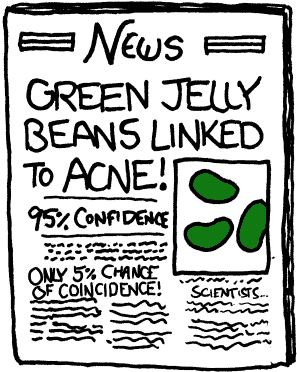
This week for our S blog, we bring a post on the important issue of statistical significance, written by a guest blogger from the Said & Dunn blog, led by Dr Erin Dunn. This post is by Khalil Zlaoui, a graduate student in the Dunn Lab. We are very grateful…
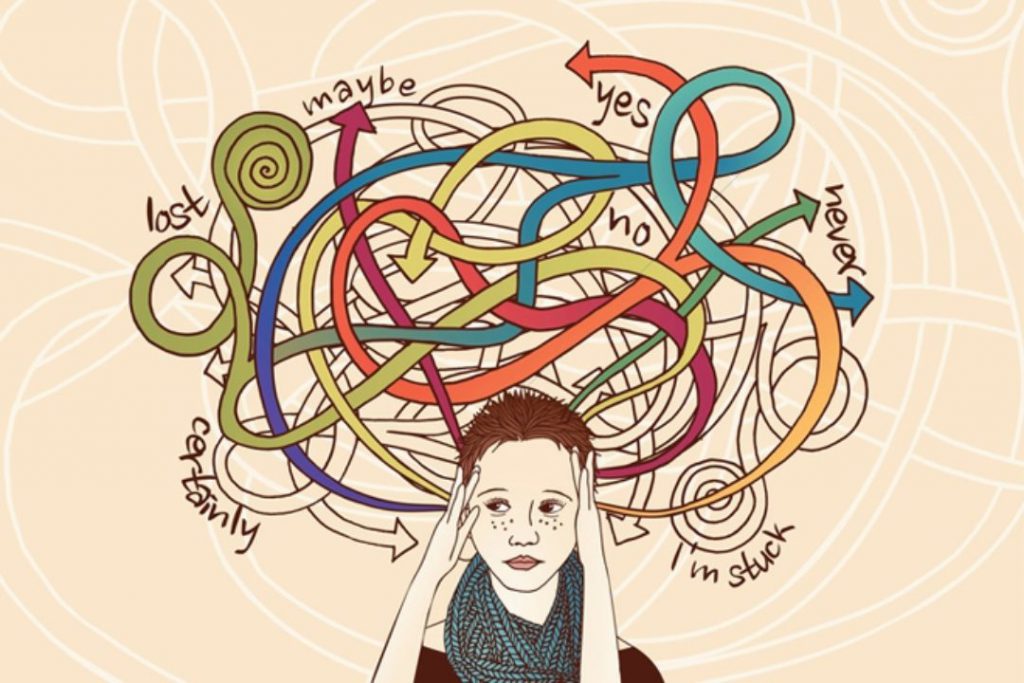
Most of us have probably heard friends or family tell us to “stop overthinking things”. Is this good advice? The answer is probably yes, if what you’re doing is ruminating. Daniel fills us in on rumination, how it increases our risk of mental health problems, and what we can do…

After a short break (most of the team have been off enjoying their summer holidays!) the A-Z blog is back! Since we are just over halfway through the A-Z series, Tom [EDIT Lab PhD student] has put together a quiz based on all our previous posts for you to test…
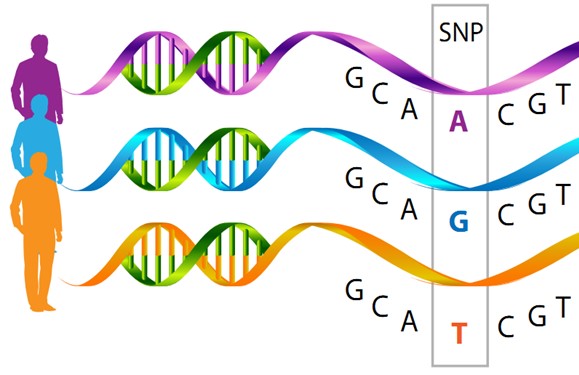
Nearly all human traits, such as height, weight, and intelligence, and common disorders like major depressive and anxiety disorders are polygenic. This means that variation in more than one gene (usually many genes) contributes to total genetic predisposition for a specific trait or disorder. Chris outlines how Polygenic Risk Scores…

Joni Coleman tackles the complex subject of delivering transparent, robust science to all – and almost manages not to talk about Twitter.
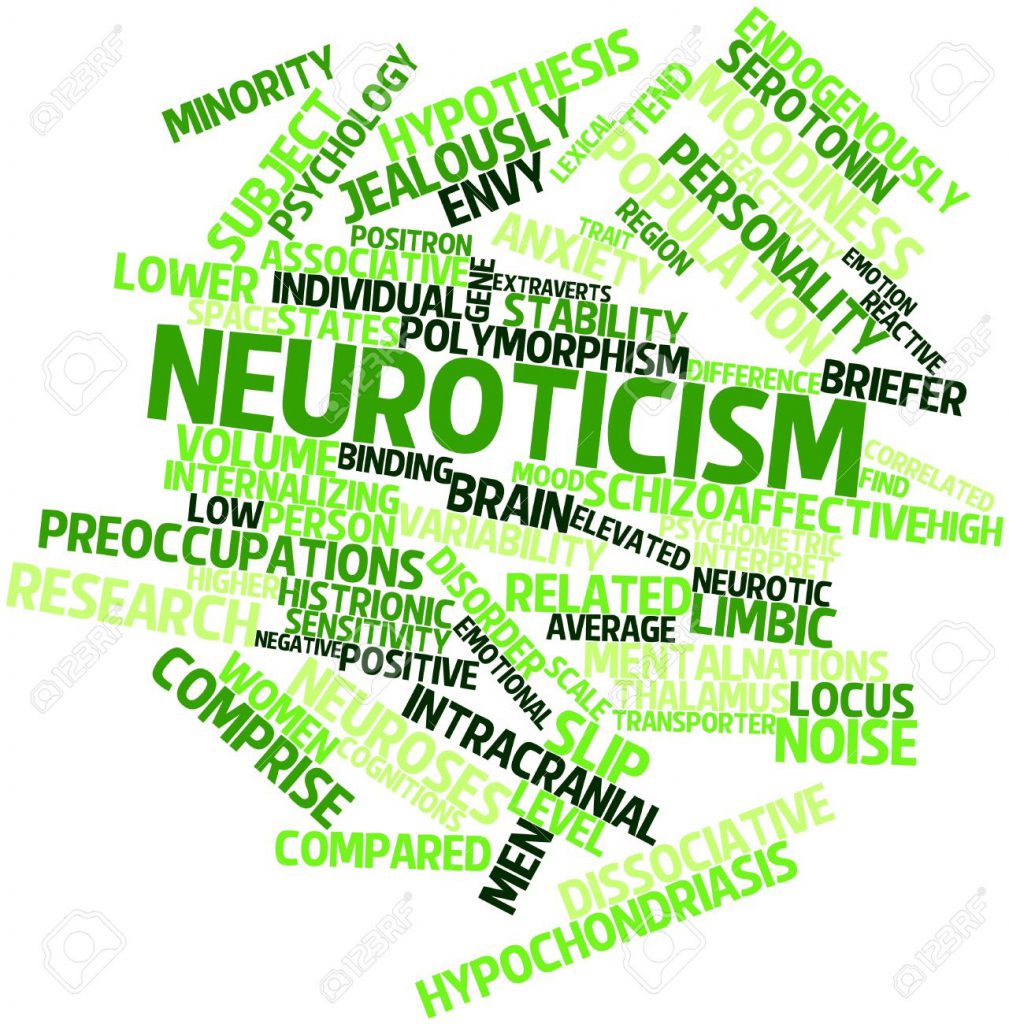
Neuroticism is a personality trait characterised by easily experiencing negative emotions. This A-Z blog offers some highlights of what is currently known about the genetic and environmental influences on neuroticism, as well as its overlap with and relevance for psychiatric disorders.
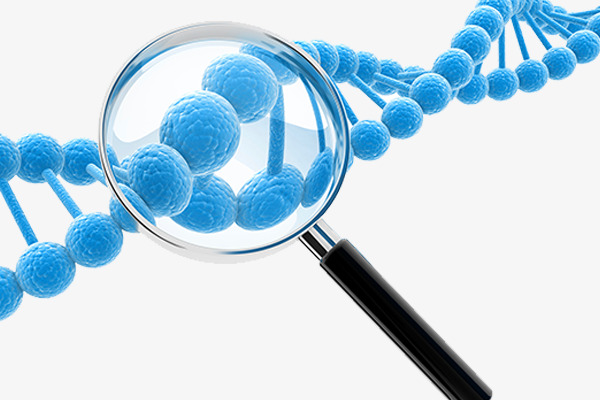
Decades of twin studies have yielded evidence of the heritability of many different traits. What we mean by this is the proportion of variation in a trait that can be explained by genetic differences between individuals. Research has moved towards identifying specific genetic variants associated with these traits through Genome-Wide…
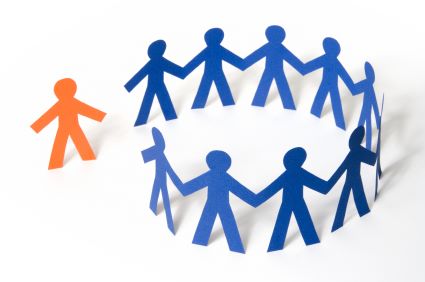
Human beings are social species. We naturally interact and bond with other people. According to evolutionary theory, loneliness has played an important role in the survival of humans because connecting with others increases one’s chances of living (Cacioppo, Hawkley, et al., 2006). Still today, it seems that we feel lonely…
Recent Comments